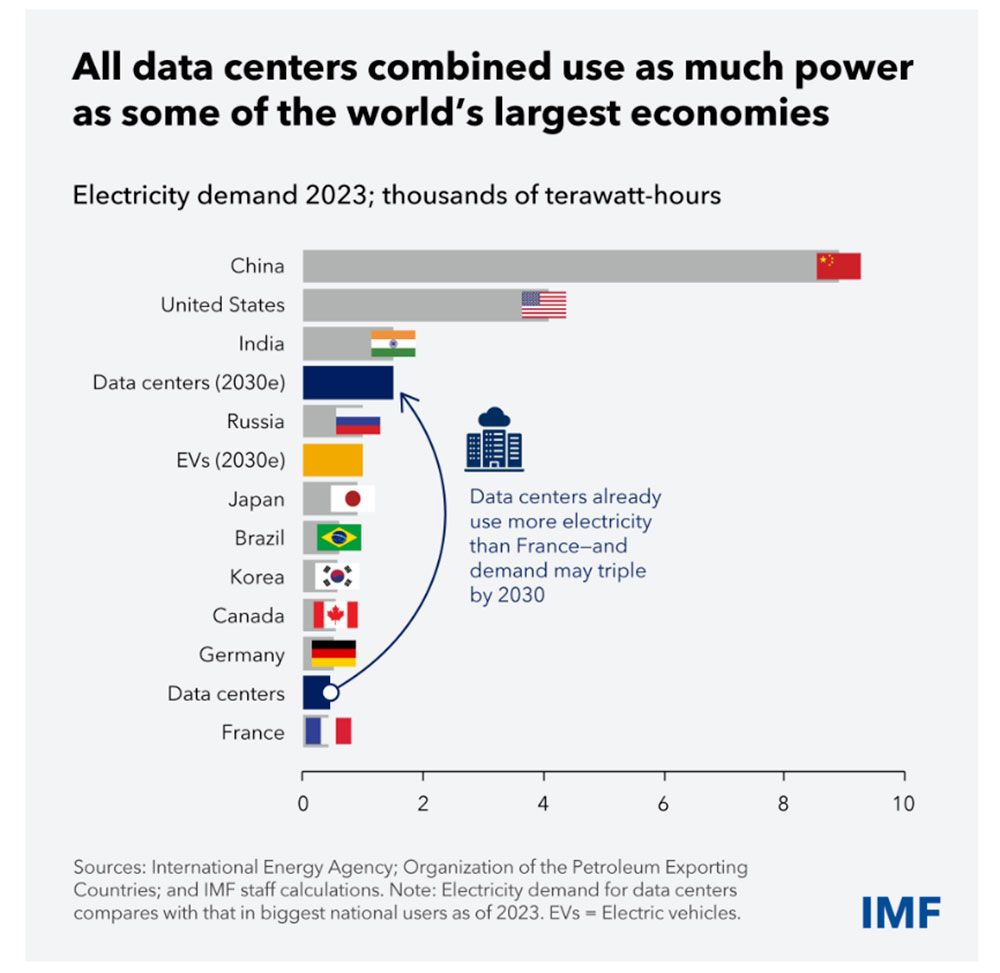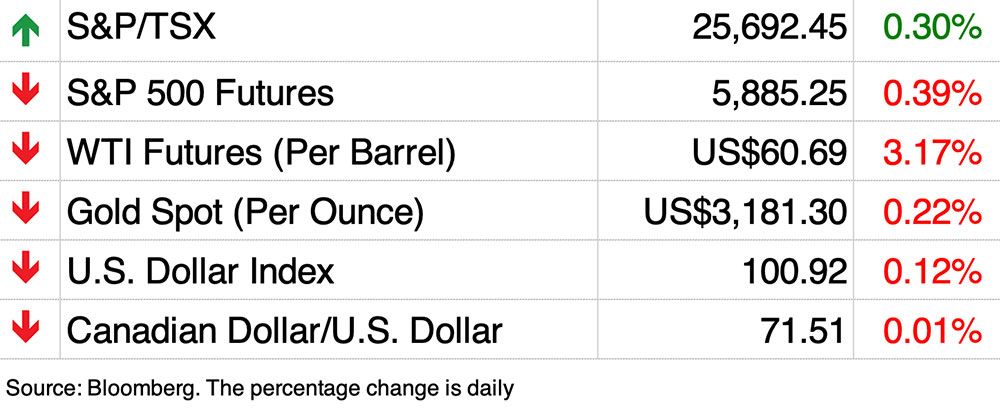Posthaste: Move Over Boomers And Millennials, This Forgotten Generation Is The Top Earner Now


It’s not boomers, millennials or even gen z that will be calling the shots this decade, but the often overlooked demographic known as generation X.
That’s according to the Ipsos Generations Report out this week which describes the age group of 46 to 59 as “the quietly powerful generation we shouldn’t ignore.”
Yet “the reality is that, today, gen X is just not very fashionable.”
Even the name, first made known by Canadian author Douglas Coupland more than 30 years ago, suggests anonymity, and as a group they are frequently overlooked.
Books written over the past 20 years feature five times the references to millennials than to generation X, the Ipsos study found. In a scan of social media, mentions of gen z pop up four times as often as this generation.
Generation X, born between 1965 and 1980, is sandwiched between baby boomers , aged 61 to 79, and millennials, aged 29 to 44. After that comes gen z, aged 13 to 28.
It is so obscure many in the world don’t know they are part of it. Ipsos found that while 62 per cent of Americans in this age group could correctly identify their generation, only 33 per cent world wide could.
Yet with boomers exiting the world stage, generation X is gaining power. It is now the highest earning group in the United States, surpassing both boomers and millennials, the study said. In 2023, 35 per cent of people in this generation had a household income of US$150,000. At age 50 they are making more than boomers did at their age.
They are also about to come into a lot of money. Generation X’s share of American wealth rose from 15 per cent in 2013 to 26 per cent in 2023, and they are next in line to inherit from their wealthy elders in the next few decades.
Generation X tends to be well-educated, the study found, especially if they grew up in a G20 country. They are the first generation in America where more than 50 per cent have a college education and where women outpaced men on their level of eduction for the first time.
They are not technophobes, having watched the rise of the internet first hand, and they are less nervous about artificial intelligence than boomers, and only slightly more nervous than millennials.
The average age of a Fortune 500 CEO is 59. “With executives now often working into their 60s and 70s (or longer), we can expect gen X leaders to remain at the heart of business life for at least the next decade,” said Ipsos.
That power will soon extend to politics, but for now baby boomers still rule the roost. Fifteen of G20 countries are led by a member of this older age group.
But as consumers they are a powerhouse. Family life has changed since the boomer’s prime, said the study. Gen X had fewer children but they are staying at home longer, leaving parents “sandwiched” between duties to older and younger family members. Seventy per cent of U.S. householders aged 50 to 54 has a least one of their children living at home in 2024.
“It’s often Gen Xers who will be making the big decisions around major household purchases or financial planning, on behalf of both themselves, but also of their children and parents,” said Ipsos.
Yet they have had their challenges.
When Generation X was entering peak earning years the labour market was stalling after the global financial crisis. Between 2011 and 2017 in Canada real median earnings of those aged 35 to 44 years did not grow at all, said The Economist.
While boomers and millennials both enjoyed soaring stock markets during their 30s, gen X was caught in the market’s “lost decade” between the dotcom bubble and the financial crisis.
“The irony is that the generation once dismissed as slackers became the workaholics of the modern era. They had no choice,” said Darrell Bricker, global chief executive of Ipsos public affairs.
“With fewer advantages than the boomers and less collective support than millennials, they learned to rely on themselves. They are the first generation that had to make peace with the idea that the middle-class dream had changed and that no one was going to hand them success.”
Sign up here to get Posthaste delivered straight to your inbox.

Artificial intelligence has the potential to raise the pace of global growth, according to the International Monetary Fund — but first the world must produce the electricity to power it.
Today’s chart shows how data centres already use more electricity than France and almost as much as Canada and Germany. By 2030, the 500 terawatt hours consumed in 2023 could more than triple, putting consumption in line with India, the third largest electricity consumer in the world.
- Today’s Data: Canada existing home sales, housing starts and factory sales. United States retail sales, industrial production, and producer price index
- Earnings: AtkinsRealis Group Inc., Walmart Inc., Deere & Co

- Trump keeps saying the U.S. doesn’t need Canada’s stuff. We asked experts if he’s right
- Does Canada still deserve to be considered a ‘trading nation’?
- Staycations are back, so why are Canadian cottage sales slumping?
The one universal truth of life is that the only constant is change. There is a lot of uncertainty in the world and uncertainty causes anxiety. Nationwide, 61 per cent of wealthy Canadians cite achieving or maintaining their retirement plans as an area of concern. Read on for five reasons having a financial plan can give you some peace of mind in days like these.
McLister on mortgages
Want to learn more about mortgages? Mortgage strategist Robert McLister’s Financial Post column can help navigate the complex sector, from the latest trends to financing opportunities you won’t want to miss. Plus check his mortgage rate page for Canada’s lowest national mortgage rates, updated daily.
Financial Post on YouTube
Visit the Financial Post’s YouTube channel for interviews with Canada’s leading experts in business, economics, housing, the energy sector and more.
Today’s Posthaste was written by Pamela Heaven with additional reporting from Financial Post staff, The Canadian Press and Bloomberg.
Have a story idea, pitch, embargoed report, or a suggestion for this newsletter? Email us at posthaste@postmedia.com .
- Canadians aren't the only tourists shunning America
- Just when you thought Toronto's condo market couldn't get any worse …
Bookmark our website and support our journalism: Don’t miss the business news you need to know — add financialpost.com to your bookmarks and sign up for our newsletters here


